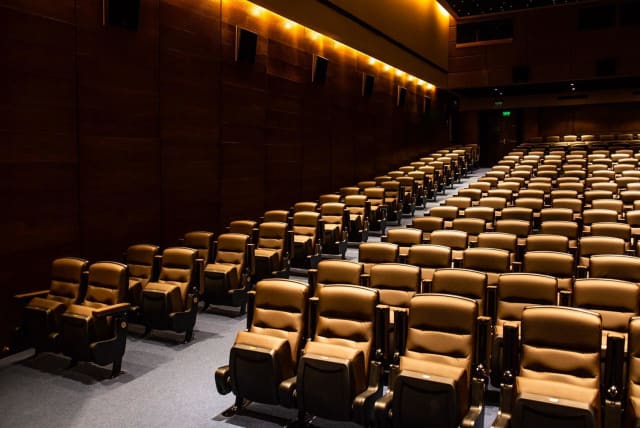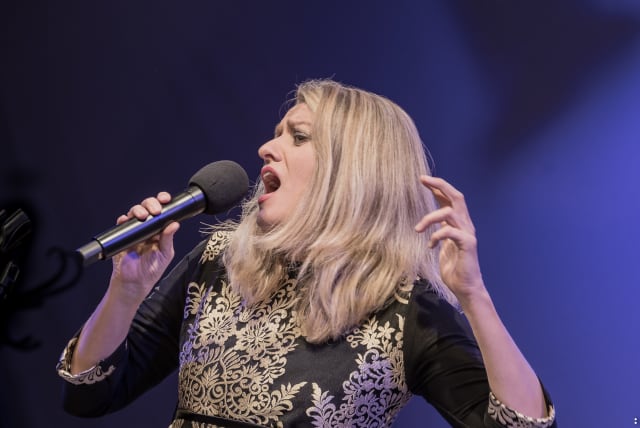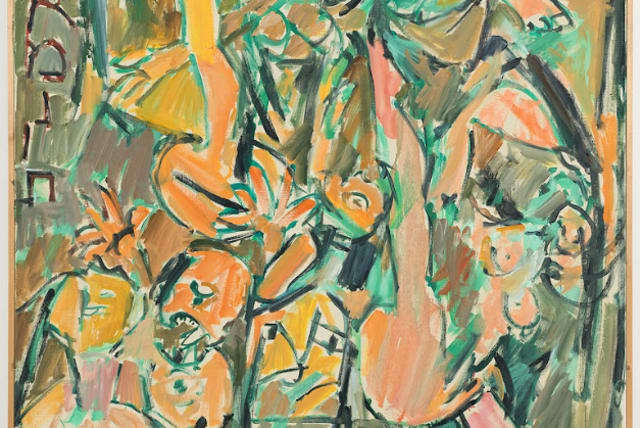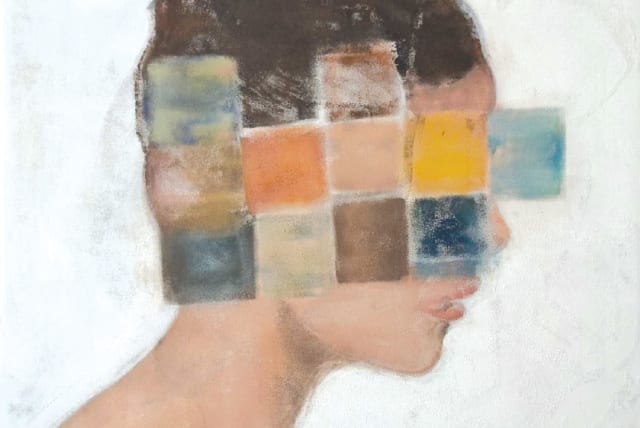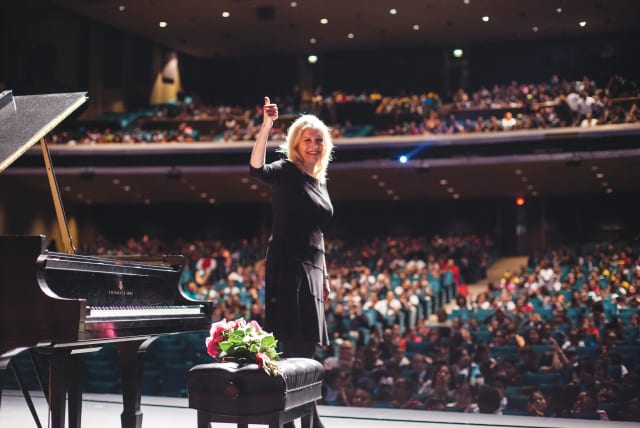The exhibition of Varda Breger’s work currently at the Tel Aviv Artists House (“Varda Breger, 1986-2024: Retrospective”) follows the development of her work as a protest artist. She conveys her message in painting and poetry in her language: “We humans share our unique Earth with flora and fauna. We are connected as links of a chain. The severing of one link endangers us all; according to scientists, we are in the middle of the sixth extinction. Our future is contingent on living together, equally sharing our planet’s resources, and finding a way to live in peace.” Breger’s approach to these themes in her art is universal and, at the same time, local, timeless, and contemporary. The nuclear threat, migration, mass deaths of refugees from starvation and war zones, severe discrimination and murder of women, and most recently, the atrocities of October 7 and the ongoing war that destroyed and killed many innocent people. Above all, there is her disappointment with her homeland – Israel – as a country without a vision of stable borders and peace.
Planted in a land of bloody tears I dream of roses, words of Peace.
The objects in Breger’s work are created from a chaos of blots: thin and spontaneous streams of color generated by shaking the paper, capturing a lion, a gazelle, and a nude, headless woman’s body. However, another look reveals barbed wire marks, either run over by a black tire or under the sole of a red shoe. The threat of COVID-19 brought her to preoccupation with the life cycle, and she expressed it in a technique of photo-painting. In recent years, Breger has created a symbol in her works that alludes to the double helix of DNA and its bases (A-T, G-C) which are shared by all life forms, and combined it with the peace sign.
The language of the artist
The artist developed a personal painting language. Prof. Moshe Zuckerman pointed out its distinctiveness: “Her works encompass transparency versus intense color, creating striking, distinctive contrasts. Her brilliant work is easily identifiable. The paintings are very expressive, full of movement, and have an artistic quality that invites aesthetic immersion. It is an achievement at the statement level that stems from the simultaneity of the spectacular aesthetic and the critical message.”
Varda Breger, who is 87 and lives in Tel Aviv, is “the painter who cares,” an award-winning Israeli artist with an ecological and social message, documenting her thoughts and what her eyes see with impressive ability over the years. ■
The writer is curator of the exhibition.











